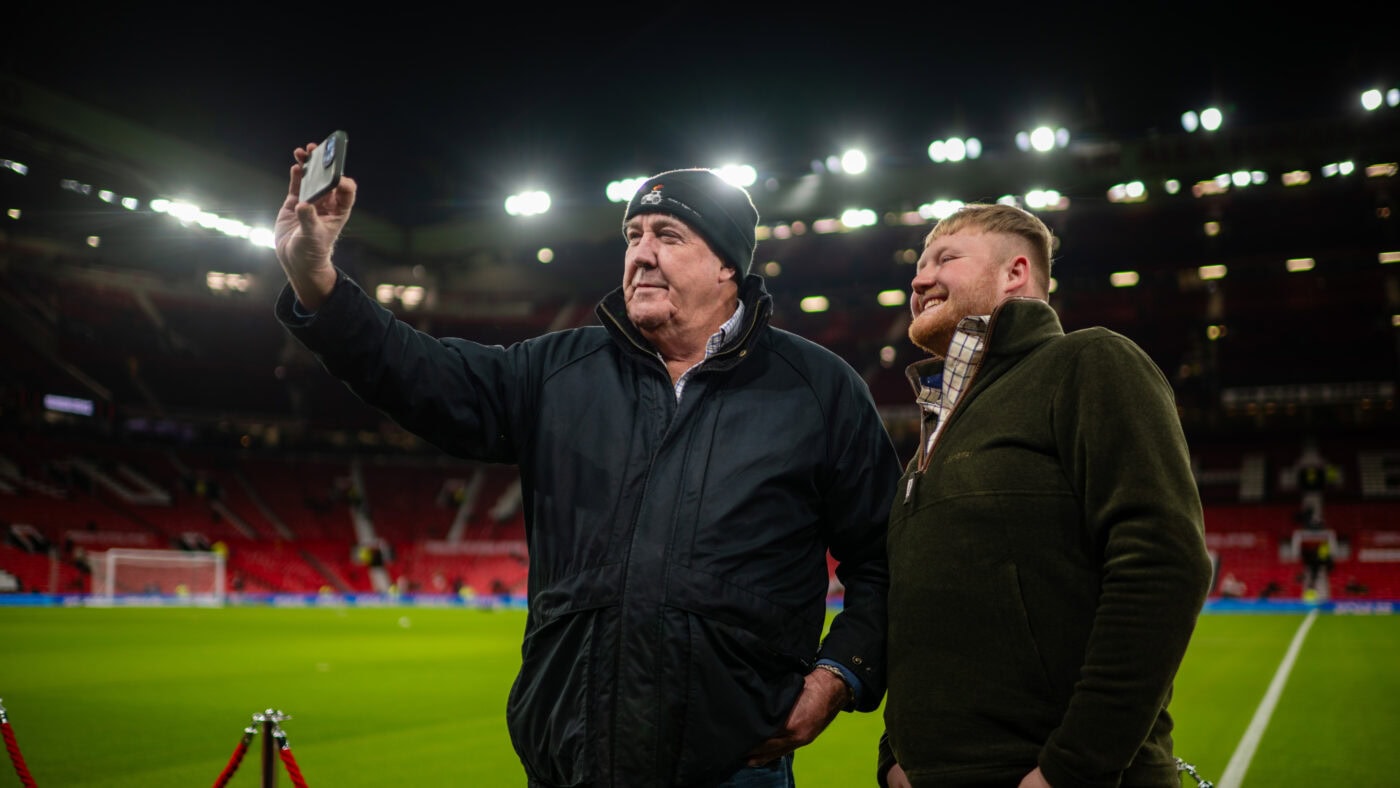Last year, I wrote about how Clarkson’s Farm – which recently concluded its third season on Amazon Prime – had evolved from a show about the vagaries of farming into one of the most potent rallying cries for planning reform ever aired.
Where the first series focused on the eponymous hero buying absurdly over-the-top farm machinery and getting to grips with the basics, the second centred on the comic tragedy of his attempts to build a viable local business in the teeth of determined resistance from West Oxfordshire District Council.
He was doing exactly what farmers in his position are supposed to do: diversifying their business, cooperating with their neighbours, and investing in the community. But a malignant coalition of planning officers, pompous councillors, a wealthy neighbour, and (of course) the Campaign to Protect Rural England thwarted him at every turn.
At the time, I suggested that he set up a local party (the West Oxfordshire Liberation Front, or WOLF) to take the fight directly to the councillors so happy to be filmed throwing livelihoods under the bus. He could probably have talked Amazon into making a spin-off series of the attempt, to boot.
In the end, however, it wasn’t necessary. This season, the first episode kicked off with Jeremy launching his appeal. Even Charlie Ireland, his long-suffering agent and red-tape man, was spoiling for the fight, albeit without quite bringing himself to endorse Clarkson’s colourful language.
And they won. Not only did they win, they won comprehensively. Burger van? Check. Parking? Check. On-site toilets? Check. Even a café – albeit not at the original location of his short-lived restaurant. The council was routed.
Sadly, although understandably as a production decision, the legal battle did not play the starring narrative role it did last season. Clarkson decided not to personally attend the appeal hearing, with the operator of his on-site burger van going in his stead. The details of Ireland’s case against the council were left out.
But it was extremely good news, right up there with Clarkson personally inventing a now-patented device to prevent piglet deaths – especially for viewers who re-watched season two and refreshed themselves on just how much of a lifeline Diddly Squat Farm is to so many of the star’s neighbours.
Yet it was also yet another reminder of how totally absurd is the current planning regime, and how urgent remains the cause of reform.
Whilst we didn’t get the ins and outs of the case, the odd snippet highlighted the absurdity of the council’s original ruling. According to Clarkson, one argument for trying to shutter his business was the complaint that people were driving past other, ‘better’, farm shops in order to reach Diddly Squat.
Setting aside the fact that Clarkson’s farm is obviously driving destination shopping, and a huge number of its customers would not be in the area at all if they weren’t visiting it, in what sane world are local councillors wielding life-ruining planning authority to enforce their personal views on which shops people should patronise?
In a way, the team’s comprehensive victory at appeal only highlights the capricious nature of the current system. Instead of clear rules around which businesses can plan, local politicians (and the officials who prepare their documents) have huge discretion to exercise arbitrary power in pursuit of personal vendettas.
Yes, people can appeal. But such appeals take time and money, resources which Clarkson has in abundance but many others, especially hard-pressed farmers, do not. Even then, the appeal ultimately comes down to another subjective decision; it offers hope, but hope is no substitute for certainty.
Nonetheless, a happy ending is a happy ending. One can only hope, however, that this is not the last time Clarkson’s Farm will put a spotlight on how farmers can adapt to the future – or how the planning system can hold them back.
For example, one sub-plot this season was a botched attempts to repair a dam, which again had the poor agent reminding our heroes of the many regulations governing that simple job. Perhaps a future season could put the stream front and centre. With energy costs continually referenced as an oft-forgotten factor in Clarkson’s various schemes, perhaps a future series could have him try and install a ‘micro-hydro’ scheme on the farm.
This might generate substantial long-term savings (and cost-certainty) to the business, and play into the star’s admittedly changing stance on global warming. It might even provide a new revenue stream: the Smart Export Guarantee scheme allows people who have ‘installed solar PV panels or other eligible renewable electricity generation in your home or business’ to sell their surplus back to the grid.
Alternatively, he could try and turn one of his fields into a solar farm. Given that West Oxfordshire District Council has ‘declared a climate and ecological emergency‘, it would surely be falling over itself to facilitate renewable energy projects… right?
Click here to subscribe to our daily briefing – the best pieces from CapX and across the web.
CapX depends on the generosity of its readers. If you value what we do, please consider making a donation.


